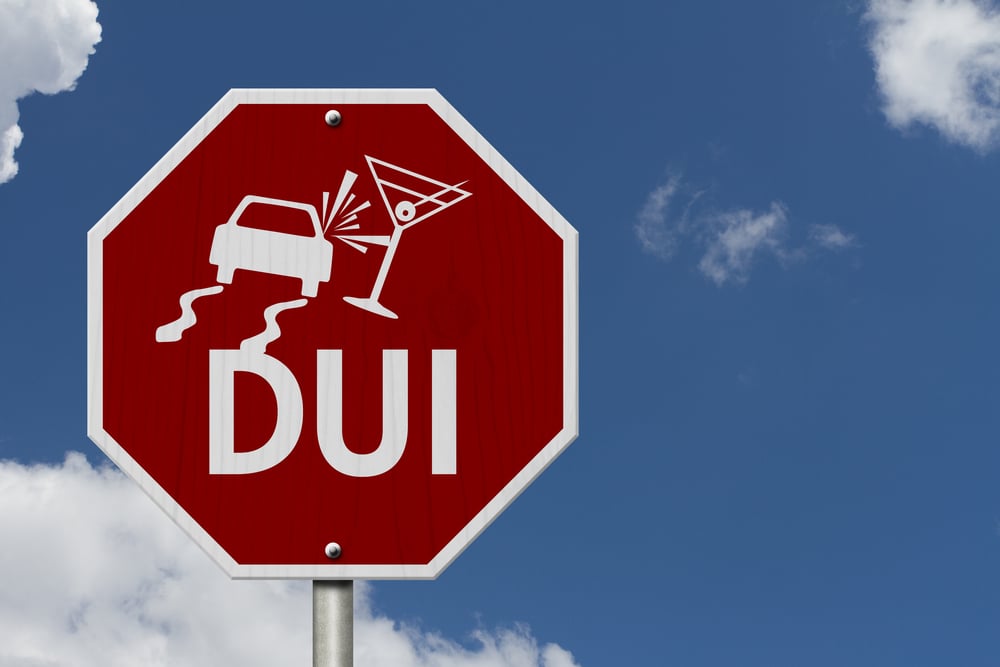Understanding the Severe Consequences of Extreme Drunk Driving
Driving under the influence (DUI) is a serious offense that endangers not only the driver but also passengers and other individuals on the road. When certain aggravating factors are present, a DUI charge can escalate to an aggravated DUI, resulting in even more severe legal consequences and long-lasting impacts on the offender’s life.
What is an Aggravated DUI?
An aggravated DUI is a more serious form of a standard DUI charge, typically involving additional circumstances that heighten the severity of the offense. These aggravating factors can vary by state but generally include:
- High blood alcohol concentration (BAC) levels, often 0.15% or higher
- Prior DUI convictions within a specified time frame
- Driving with a suspended or revoked license due to a previous DUI
- Causing an accident resulting in bodily harm or death
- Driving with a minor in the vehicle
- Excessive speeding or reckless driving in addition to DUI
The presence of one or more of these factors can elevate a standard DUI charge to an aggravated DUI, leading to harsher penalties and long-term consequences.
Legal Consequences of an Aggravated DUI
The legal ramifications of an aggravated DUI conviction are significantly more severe than those of a standard DUI. While specific penalties may vary by jurisdiction, common consequences include:
Lengthy Jail Sentences
Whereas a first-time standard DUI might result in minimal jail time or probation, an aggravated DUI often carries mandatory jail sentences. Depending on the severity of the aggravating factors and the offender’s prior criminal history, jail terms can range from several months to multiple years.
Substantial Fines and Fees
Aggravated DUI convictions often come with hefty fines, sometimes totaling thousands of dollars. In addition to these fines, offenders may be required to pay court costs, legal fees, and other related expenses, such as the installation of an ignition interlock device.
Extended License Suspension or Revocation
In most cases, an aggravated DUI results in a longer driver’s license suspension or revocation period compared to a standard DUI. This can greatly impact the offender’s ability to commute to work, school, or fulfill other essential obligations.
Mandatory Substance Abuse Treatment
Many states require individuals convicted of an aggravated DUI to undergo mandatory substance abuse assessments and treatment programs. These programs aim to address the underlying issues that contribute to dangerous drinking and driving behaviors.
Long-Term Impact of an Aggravated DUI
Beyond the immediate legal consequences, an aggravated DUI conviction can have far-reaching effects on various aspects of an individual’s life:
Employment Opportunities
A criminal record that includes an aggravated DUI conviction can severely limit employment prospects. Many employers conduct background checks and may be hesitant to hire individuals with a history of severe drunk driving offenses, particularly for positions that involve driving or operating heavy machinery.
Professional Licenses and Certifications
For individuals in certain professions, such as healthcare, law, or education, an aggravated DUI conviction can jeopardize their professional licenses and certifications. Disciplinary actions, including suspension or revocation of licenses, can result from such convictions.
Higher Insurance Rates
Auto insurance premiums often skyrocket following an aggravated DUI conviction. Insurance companies consider these individuals high-risk drivers and may charge significantly higher rates or even refuse coverage altogether.
Personal Relationships and Reputation
The stigma associated with an aggravated DUI conviction can strain personal relationships and damage an individual’s reputation within their community. The consequences of the offense may lead to a loss of trust and respect from family members, friends, and colleagues.
Preventing Aggravated DUI
Given the severe consequences of an aggravated DUI, it is crucial to take proactive steps to prevent such offenses from occurring:
- Always designate a sober driver or use alternative transportation when drinking
- Never get behind the wheel if you are under the influence of alcohol or drugs
- Seek help for substance abuse issues through counseling or rehabilitation programs
- Educate yourself and others about the dangers and consequences of drunk driving
By making responsible choices and prioritizing safety, individuals can avoid the life-altering consequences of an aggravated DUI conviction.
Conclusion
An aggravated DUI is a serious criminal offense that carries severe legal penalties and long-lasting personal repercussions. By understanding the aggravating factors that can elevate a standard DUI charge, individuals can take steps to prevent such offenses and promote responsible drinking and driving practices. If you or someone you know is facing an aggravated DUI charge, it is essential to seek experienced legal counsel to navigate the complex legal system and work towards the best possible outcome.





